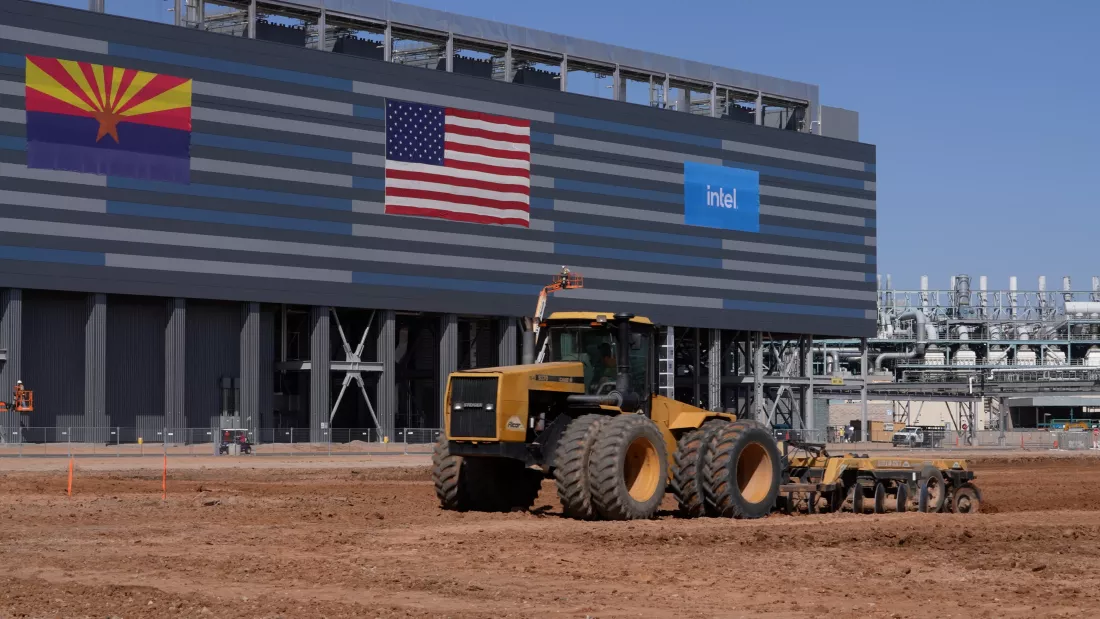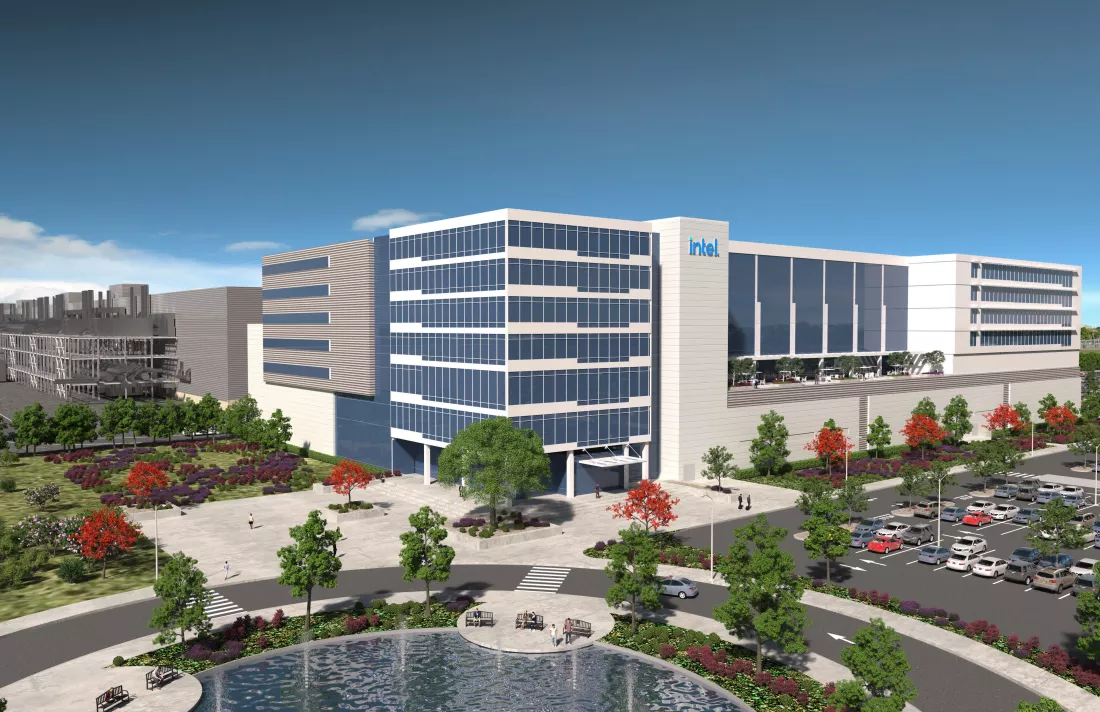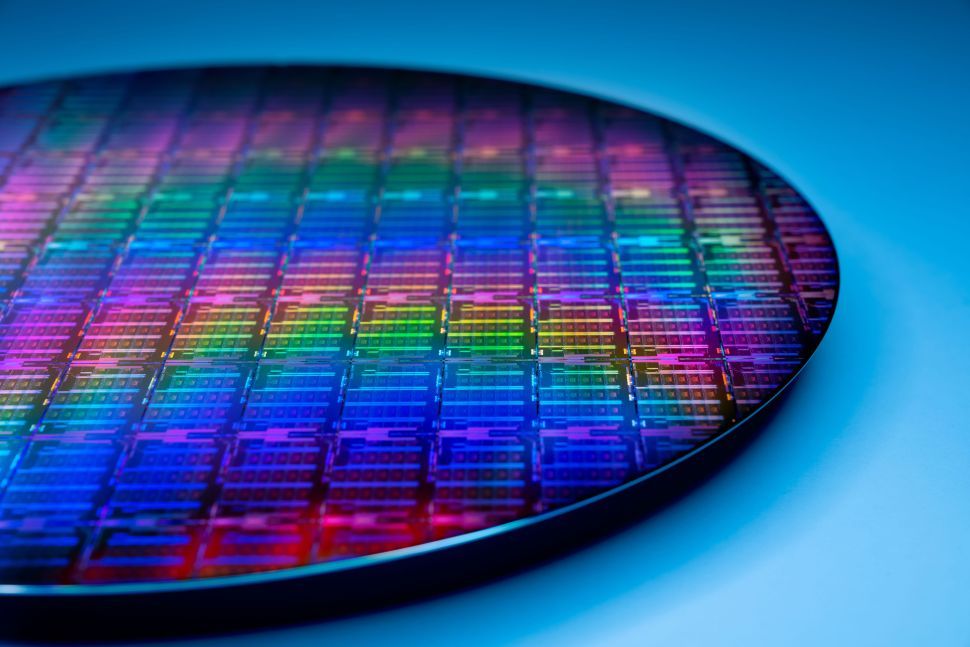What just happened? Intel says it will delay the groundbreaking ceremony of its Ohio semiconductor factory and has warned of potential delays due to Congress dragging its feet over the CHIPS Act. The legislation will provide, among other things, $52 billion in funding for increasing domestic semiconductor production and research & development.

In January, Intel announced plans to build a $20 billion chip manufacturing complex in New Albany, on the outskirts of Columbus, Ohio, as part of its IDM 2.0 strategy. The facility, predicted to directly employ 3,000 people, is supposed to begin construction later this year and be fully operational by 2025.
Intel said that spending on the Ohio site could reach $100 billion over the next ten years, but the company has warned that the "scope and pace" of this expansion is dependent on the CHIPS Act. While a version of the standalone bill was passed last year, the funding still isn't signed into law as House and Senate negotiators continue to work on resolving disputes.
"Unfortunately, CHIPS Act funding has moved more slowly than we expected and we still don't know when it will get done," said Intel spokesman Will Moss, who called on Congress to act so Intel "can move forward at the speed and scale we have long envisioned for Ohio" and other US projects.
The groundbreaking ceremony for the Ohio factory had been scheduled for next month but will now be postponed due partly to the "uncertainty" around the bill. Moss said that Intel is still committed to the $20 billion investment and remains excited to begin construction on the site.
GlobalFoundries, which is expanding a manufacturing site in Malta, New York, gave a similar warning about the CHIPS Act delay slowing its plans. "The CHIPS Act makes the US semiconductor industry more competitive globally. For GlobalFoundries, the passing of CHIPS funding would affect the rate and pace at which we invest in expanding our U.S. manufacturing capacity," a spokesperson said.

Intel is also building new chip fabs in Arizona; it has invested $7 billion in a new manufacturing center in Malaysia; there are plans to invest $3.5 billion in its New Mexico operations; and its $7 billion Fab 34 production facility in Ireland got its first equipment earlier this year. Additionally, the company is receiving 6.8 billion euros ($7.15 billion) in subsidies, around 40% of the total cost, to build a state-of-the-art campus in Germany (above).
In other Intel news, the firm has just demanded $625 million in interest from the EU after its $1.2 billion antitrust fine was overturned in January.
